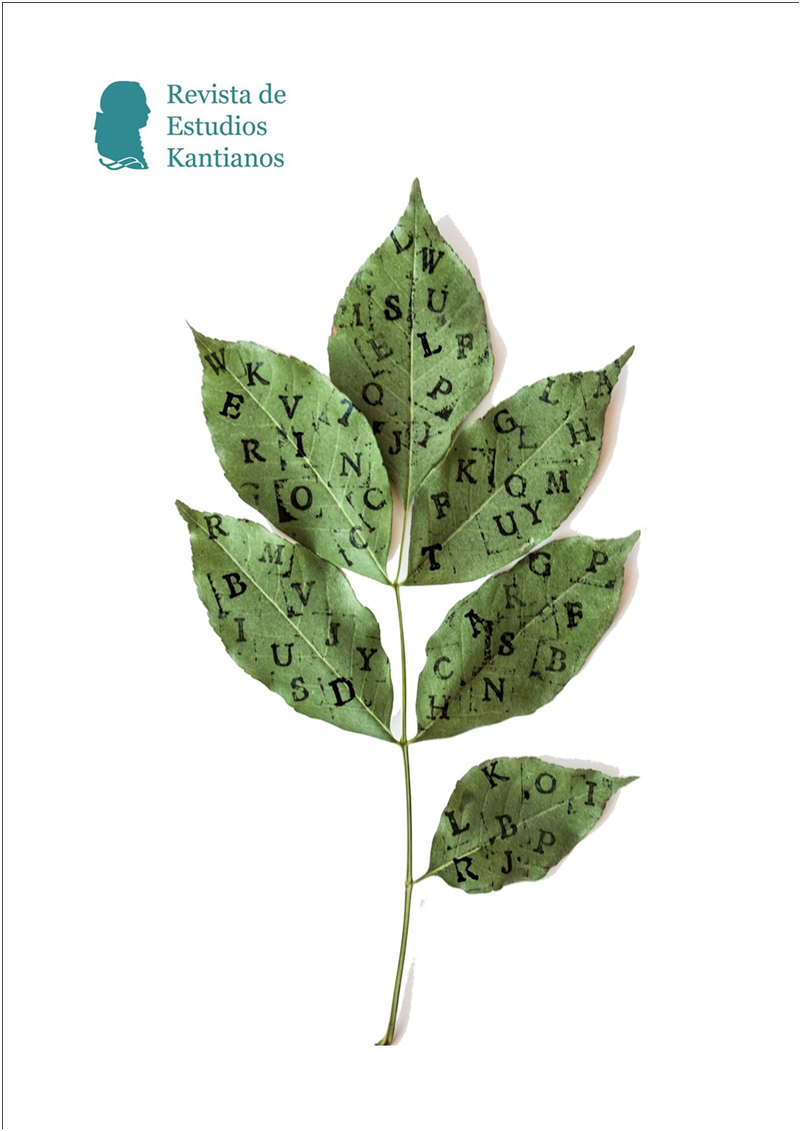El reino de los fines y la comunidad ética. Acerca de la dimensión intersubjetiva de la ética kantiana
DOI:
https://doi.org/10.7203/REK.4.1.12775 Abstract
Abstract
En este trabajo se consideran dos objeciones recurrentes formuladas a la doctrina ética kantiana: aquella que cuestiona su presunto carácter individualista y aquella que señala su pretendido formalismo. A partir de un análisis de las nociones de reino de los fines y de comunidad ética, se intentará mostrar que la ética kantiana, lejos de limitarse a la mera determinación de principios formales, introduce un contenido fundamental, que opera como condición restrictiva de toda acción humana en general, esto es: el valor absoluto e incondicionado del ser humano como fin en sí.
 Downloads
Downloads
Downloads
Published
How to Cite
-
Abstract1226
-
PDF (Español)584
Issue
Section
License
![]()
The authors who publish in this journal agree with the following terms:
- The authors retain their copyright and guarantee to the journal the right to be the first to publish the work and to license it under a Creative Commons Attribution License that allows others to share the work with an acknowledgement of its authorship and the initial publication in this journal.
- Authors may separately establish additional agreements for non-exclusive distribution of the version of the work published in the journal (for example, placing it in an institutional repository or publishing it in a book), with acknowledgement of its initial publication in this journal.
- Authors are allowed and encouraged to disseminate their work electronically (e.g., in institutional repositories or on their own website) before and during the submission process, as this can lead to productive exchanges as well as earlier and greater citation of published work (see The Effect of Open Access).








